GEMA's path to decentralizing their data
GEMA’s data platform enabled the creation of over 100 data products within the first year, supporting a range of business services and use cases.

About GEMA
GEMA is a German association that represents the interests of over 95,000 members, including composers, lyricists, and publishers. With a mission to ensure that music creators earn what they deserve, GEMA distributes license revenues from public music usage—concerts as well as any form of online usage, including streams, downloads, radio broadcasts, or the use of music in audiovisual production—fairly among its members. As the music business increasingly becomes a data business, GEMA faces the challenge of managing and processing vast amounts of data to ensure fair distribution of revenues.
Challenge
GEMA faced the challenge of matching reported music usage to their database, dealing with large data volumes for fair distribution. In 2021, they began addressing issues like data silos and growing complexity. Martin Zürn, Head of Data Engineering, noted that data was siloed and difficult to combine, prompting the need for a decentralized solution to improve data access across the organization.
Solution
To tackle the challenges of data silos and growing complexity, GEMA implemented a decentralized data management solution. By building a data lake and integrating key systems, they enabled business units to work independently with data, reducing reliance on a central team. This shift allowed GEMA to scale its data operations while ensuring fair and efficient distribution of music usage data.
Outcome
As a result of their data decentralization efforts, GEMA successfully streamlined data access and management across the organization. With over 100 data products in production within the first year, they improved reporting efficiency and enabled advanced machine learning use cases. The transparency provided by Actian’s metadata catalog played a crucial role in enhancing data-driven decision-making.







